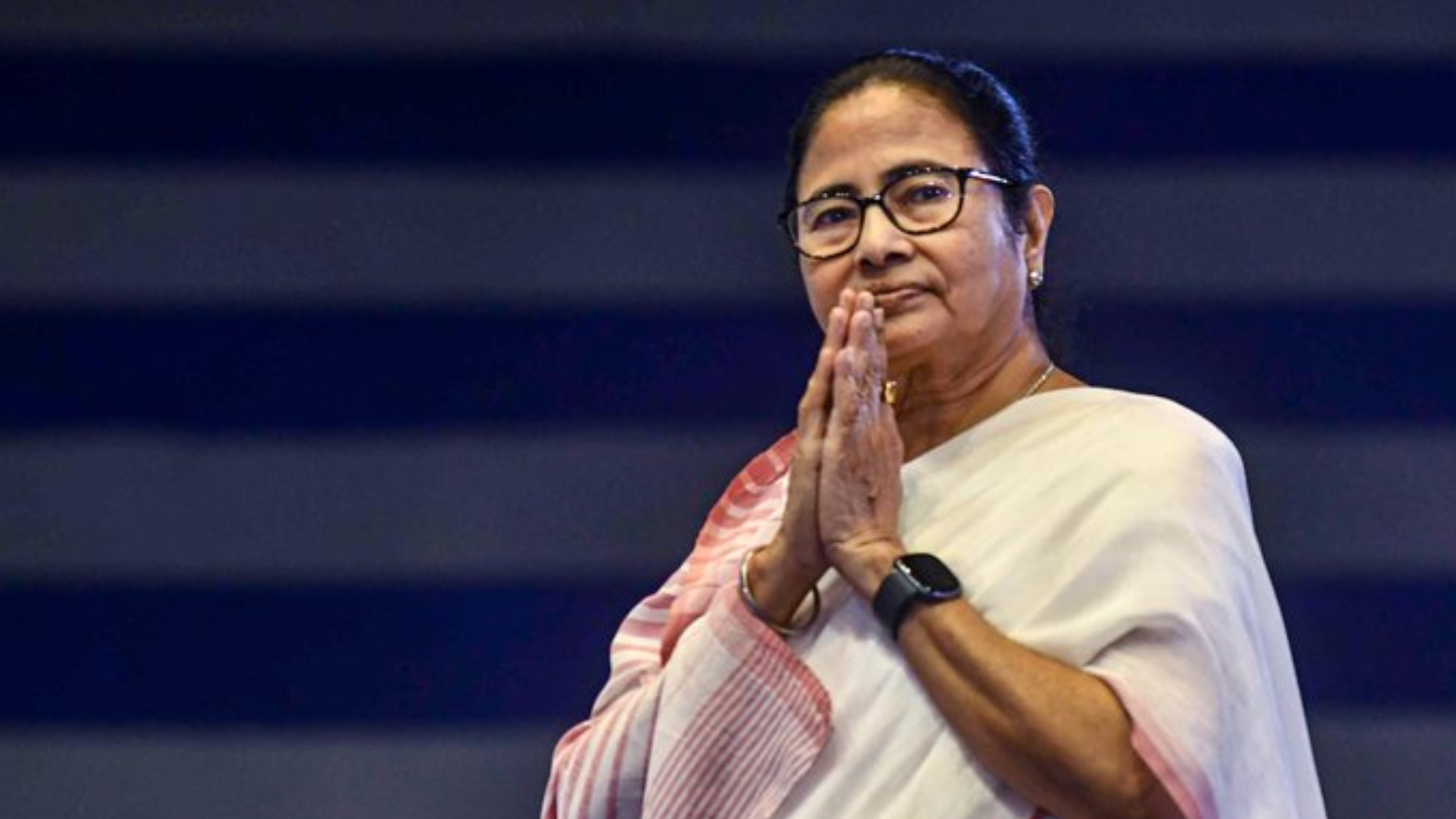Japan’s Parliamentary Vice-Minister of Environment, Asahi Kentaro, has underscored the pivotal role played by the recent pre-COP28 meeting in building momentum for the upcoming COP28. Kentaro attended the two-day Pre-COP28 event in Abu Dhabi, a crucial preparatory session for the 28th UN Conference on Climate Change (COP28), scheduled for later this month in Dubai.
Kentaro emphasized the significance of the Pre-COP28 meeting as the final ministerial-level negotiation opportunity before COP28. He stressed the importance of COP28’s success, particularly noting the groundbreaking global stocktake it will host. This stocktake will provide a comprehensive evaluation of progress since the adoption of the 2015 Paris Agreement, which aims to limit global temperature rise to 1.5 degrees Celsius above pre-industrial levels.
Highlighting the impact of the Paris Agreement on global climate action, Kentaro stated that the accord has been instrumental in promoting effective climate initiatives worldwide, with Japan having set its Nationally Determined Contributions (NDCs) to align with the 1.5 degrees Celsius temperature goal. Japan is committed to reducing greenhouse gas (GHG) emissions by 46% by 2030, having already achieved a 20% reduction in fiscal year 2021.
However, the minister emphasized that current efforts are insufficient to limit temperature increases to 1.5 degrees Celsius, underscoring the need for the global stocktake at COP28 to be a turning point in accelerating the global response based on the latest scientific insights from the Intergovernmental Panel on Climate Change (IPCC).
Kentaro suggested that immediate and significant reductions in GHG emissions during this critical decade up to 2030 are imperative, taking into account various practical pathways tailored to each nation’s circumstances. He stressed the importance of addressing adaptation and loss and damage, noting that reducing GHG emissions is vital, as higher global temperatures intensify multiple and concurrent climate-related risks.
The minister asserted that the success of COP28 relies on reaching consensus on strategies that keep the 1.5 degrees Celsius target within reach, highlighting the strong bilateral cooperation between the UAE and Japan in their environmental efforts to contribute to COP28’s success.
Regarding energy transition, Kentaro proposed that each participating party should accelerate it by promoting energy efficiency and maximizing the use of renewable energy. He also recommended the utilization of technologies like hydrogen, ammonia, and carbon capture, usage, and storage (CCUS) for this purpose.
In the realm of climate finance, the minister reaffirmed Japan’s commitment to mobilize approximately USD 70 billion in private and public climate finance over five years through 2025, including a doubling of adaptation finance. Japan pledged a substantial contribution to the second replenishment of the Green Climate Fund. In addressing loss and damage, Kentaro stressed the importance of providing consistent and prompt support to vulnerable developing countries and expressed Japan’s commitment to contributing to discussions on loss and damage funding arrangements.


















